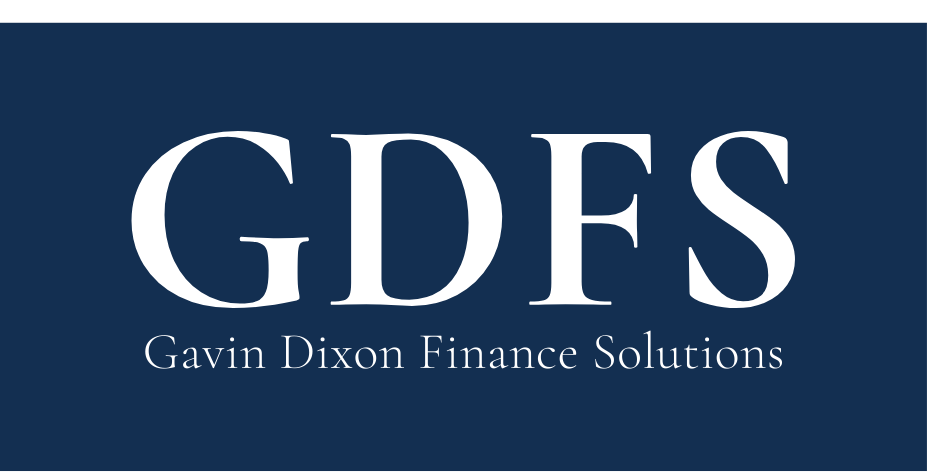Trusted Business Finance Specialists
We help local businesses in Dorset and the South West grow with expert funding and a service built around you.
Market Leading Rates ✓
Tailored Solutions ✓
Personal Approach ✓
Trusted business finance specialists serving Dorset since 2013
Over £60 million funded for 3,000+ South West businesses. Personal service from our Bridport team.
Since 2013, we've helped businesses across Somerset, Dorset and Devon grow with tailored finance solutions. From our Bridport office, we've built lasting relationships with local farmers, construction companies, transport operators and manufacturers across the South West.
Whether you're a farmer needing new equipment, a manufacturer upgrading machinery or a transport business expanding your fleet, our expert team is here to help.
Vehicle Finance
Manufacturing Finance →
Renewable Energy Finance →
View all other Sectors →
Keeping the process simple
How does business finance work?
Running a business is demanding. Arranging finance for equipment, vehicles or cash flow shouldn't add to that. As an independent broker, GDFS does the legwork for you. Our network of trusted lenders means we find the right funding solution for your business. With no broker fees, a transparent process and expert guidance, we save you time so you can focus on growth.

Proud Rural Finance Partners
Reliable & Experienced
Rural Finance has been established for over 17 years and has provided funding to tens of thousands of customers across many industries. As an Appointed Representative of Rural Finance Limited, we can access their panel of specialist funders on your behalf.
Improve Cash Flow
Through the Rural Finance network, we can offer a range of facilities that help improve cash flow, from asset finance to refinance and working capital solutions.
High Acceptance Rates
Rural Finance's experience and strong relationships with their funders mean a high proportion of proposals are approved. That gives our clients more options when other routes may have said no.
Same Day Approvals
In many cases, decisions can be made the same day. With our support and Rural Finance's panel of funders, we aim to move quickly when time is critical for your business.
Client Testimonials
Discover why our clients choose Gavin Dixon Finance Solutions.
We're proud of our 5.0 / 5.0 Trustpilot score from 300+ reviews. Clients regularly mention our fast decisions, clear communication and straightforward process.
Let's discuss your funding requirements...
We're here to help you drive your business forward by delivering the competitive finance solutions you need - when you need them.
If you would like to talk to the GDFS Sales Team, please call us today on 01308 480248. Alternatively, you can simply complete the enquiry form.
Any personal information submitted to GDFS via this route will only be used for the purposes of servicing your enquiry. If you would like further details of how we process your data, please read our Privacy Policy and Terms & Conditions notice.
Gavin Dixon Finance Solutions Limited is an Appointed Representative of Rural Finance Limited. Rural Finance is authorised and regulated by the Financial Conduct Authority, FRN 630701. Rural Finance Limited is an authorised credit broker and not a lender. GDFS is acting as a credit broker and not a lender. We can introduce you to several carefully selected credit providers who may be able to offer finance for your asset funding needs. We will receive a commission from the lender for any successful introduction. Finance is available subject to status. Terms and conditions apply. Applicants must be 18 or over. Guarantees and/or indemnities may be required. For more information, please visit the FCA website. FCA website
Contact Us
Thank you for contacting GDFS
We will get back to you as soon as possible.
Please try again later.
